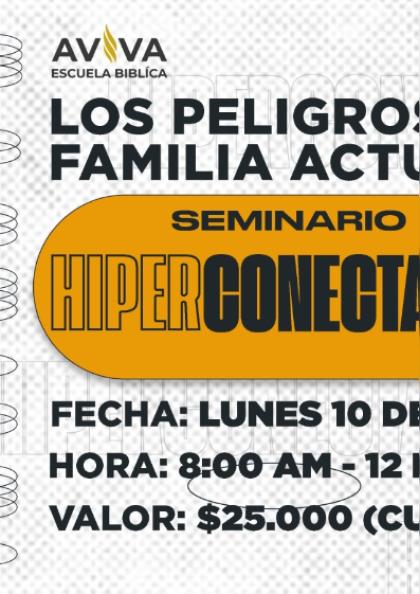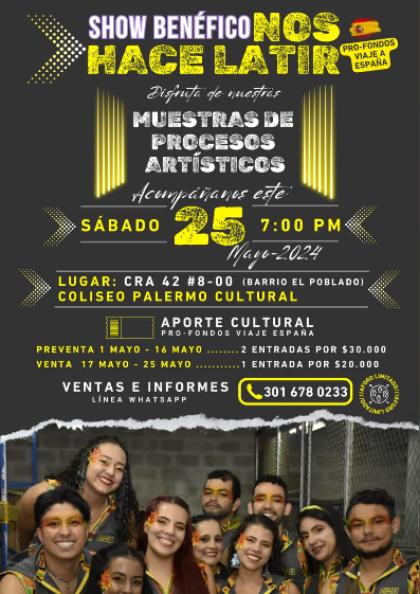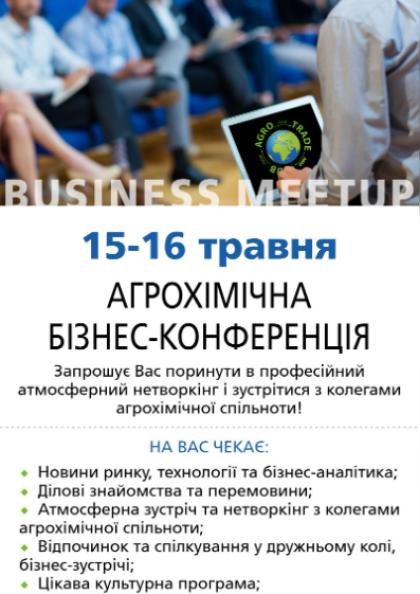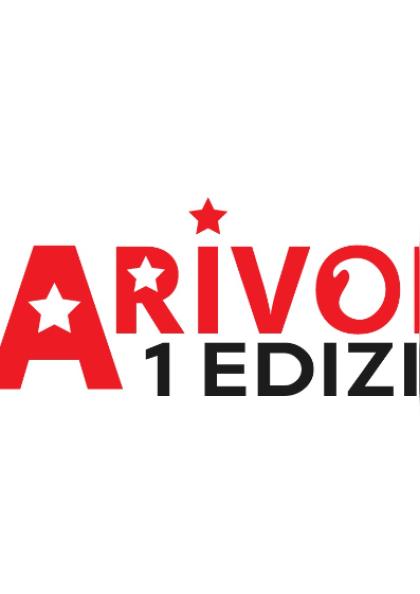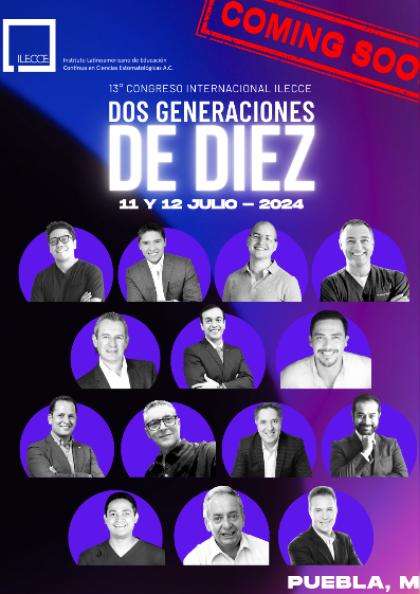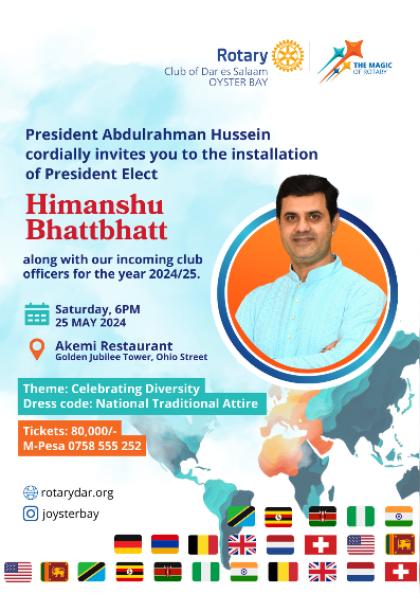Assessment Strategies: Beyond Tests and Grades
In the ever-evolving landscape of education, the traditional approach of relying solely on tests and grades to evaluate student learning is being complemented and, in some cases, replaced by innovative assessment strategies. This article delves into the realm of assessment, exploring alternative methods that empower educators to gauge a student's understanding, skills, and growth more comprehensively.
Assessment Strategies: Beyond Tests and Grades
In the ever-evolving landscape of education, the traditional approach of relying solely on tests and grades to evaluate student learning is being complemented and, in some cases, replaced by innovative assessment strategies. This article delves into the realm of assessment, exploring alternative methods that empower educators to gauge a student's understanding, skills, and growth more comprehensively.


The Limitations of Conventional Testing
Traditional testing has its merits, but it often falls short in capturing the full spectrum of a student's abilities.
Diverse Assessment Methods
1. Project-Based Assessments: Encourage students to apply knowledge and skills to real-world problems, fostering creativity and critical thinking.
2. Portfolios: Document a student's progress over time, showcasing their best work and reflecting on their growth.
3. Peer and Self-Assessment: Encourage students to assess their own work and provide constructive feedback to their peers, promoting reflection and collaboration.
The Limitations of Conventional Testing
Traditional testing has its merits, but it often falls short in capturing the full spectrum of a student's abilities.
Diverse Assessment Methods
1. Project-Based Assessments: Encourage students to apply knowledge and skills to real-world problems, fostering creativity and critical thinking.
2. Portfolios: Document a student's progress over time, showcasing their best work and reflecting on their growth.
3. Peer and Self-Assessment: Encourage students to assess their own work and provide constructive feedback to their peers, promoting reflection and collaboration.
Formative Assessment and Feedback
Continuous Assessment: Ongoing assessment methods like quizzes, discussions, and short assignments provide real-time feedback to inform instruction. Peer Review: Peer evaluation of assignments allows students to engage in critical analysis and learn from their peers. Learning Analytics: Utilize data-driven insights to identify student strengths and areas that need improvement.
Alternative Assessments for Different Subjects
Art and Creativity: Assessing creativity can involve evaluating an artwork's originality, technique, and expression. Science and Labs: Hands-on experiments and lab reports allow students to apply scientific concepts and critical thinking. Language and Communication: Assess language proficiency through presentations, debates, or language portfolios.
Authentic Assessments and Real-World Relevance
Internships and Experiential Learning: Provide students with opportunities to apply classroom learning in real-world settings. Service Learning: Combine community service with academic study to foster civic engagement and personal growth. Simulations and Role-Playing: Simulate real-life scenarios to assess decision-making skills and practical knowledge.
Inclusivity and Accommodations
1. Universal Design for Learning: Create assessments that cater to diverse learning styles, abilities, and needs.
Formative Assessment and Feedback
Continuous Assessment: Ongoing assessment methods like quizzes, discussions, and short assignments provide real-time feedback to inform instruction. Peer Review: Peer evaluation of assignments allows students to engage in critical analysis and learn from their peers. Learning Analytics: Utilize data-driven insights to identify student strengths and areas that need improvement.
Alternative Assessments for Different Subjects
Art and Creativity: Assessing creativity can involve evaluating an artwork's originality, technique, and expression. Science and Labs: Hands-on experiments and lab reports allow students to apply scientific concepts and critical thinking. Language and Communication: Assess language proficiency through presentations, debates, or language portfolios.
Authentic Assessments and Real-World Relevance
Internships and Experiential Learning: Provide students with opportunities to apply classroom learning in real-world settings. Service Learning: Combine community service with academic study to foster civic engagement and personal growth. Simulations and Role-Playing: Simulate real-life scenarios to assess decision-making skills and practical knowledge.
Inclusivity and Accommodations
1. Universal Design for Learning: Create assessments that cater to diverse learning styles, abilities, and needs.
2. Accommodations: Provide reasonable accommodations for students with disabilities, ensuring equal opportunities for success.
3. Culturally Relevant Assessment: Recognize and respect cultural differences when designing assessments.
Emphasizing Growth and Development
1. Mastery-Based Learning: Assess students based on their mastery of specific skills or knowledge rather than traditional grading.
2. Reflective Journals: Encourage students to track their own progress and set personal learning goals.
3. Growth Mindset: Foster a growth mindset by emphasizing the importance of learning from mistakes and perseverance.
2. Accommodations: Provide reasonable accommodations for students with disabilities, ensuring equal opportunities for success.
3. Culturally Relevant Assessment: Recognize and respect cultural differences when designing assessments.
Emphasizing Growth and Development
1. Mastery-Based Learning: Assess students based on their mastery of specific skills or knowledge rather than traditional grading.
2. Reflective Journals: Encourage students to track their own progress and set personal learning goals.
3. Growth Mindset: Foster a growth mindset by emphasizing the importance of learning from mistakes and perseverance.


Technology in Assessment
1. Online Assessments: Utilize online platforms for testing, quizzes, and interactive assignments.
2. AI and Analytics: Leverage artificial intelligence and learning analytics for personalized feedback and insights.
3. Gamification: Incorporate elements of gamification into assessments to increase engagement.
The evolution of assessment strategies in education reflects a broader shift towards holistic, student-centered learning. While traditional tests and grades have their place, educators are increasingly recognizing the value of diverse assessment methods that foster critical thinking, creativity, and practical skills. By embracing these innovative approaches, educators can better equip students with the abilities they need to succeed in a rapidly changing world, where adaptability and problem-solving are essential skills. Ultimately, the goal is not just to assess what students know but to empower them to become lifelong learners and critical thinkers.
Technology in Assessment
1. Online Assessments: Utilize online platforms for testing, quizzes, and interactive assignments.
2. AI and Analytics: Leverage artificial intelligence and learning analytics for personalized feedback and insights.
3. Gamification: Incorporate elements of gamification into assessments to increase engagement.
The evolution of assessment strategies in education reflects a broader shift towards holistic, student-centered learning. While traditional tests and grades have their place, educators are increasingly recognizing the value of diverse assessment methods that foster critical thinking, creativity, and practical skills. By embracing these innovative approaches, educators can better equip students with the abilities they need to succeed in a rapidly changing world, where adaptability and problem-solving are essential skills. Ultimately, the goal is not just to assess what students know but to empower them to become lifelong learners and critical thinkers.





